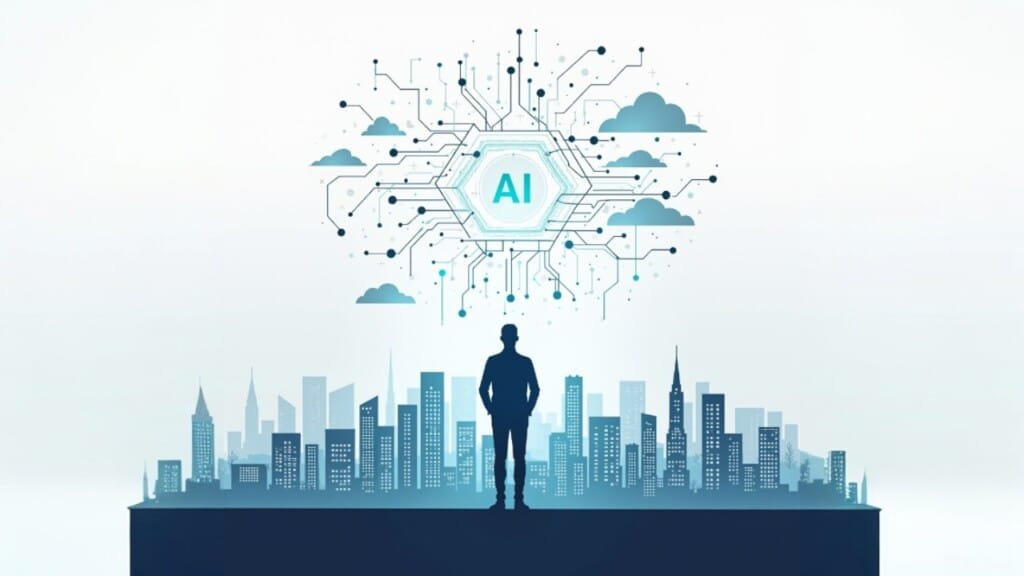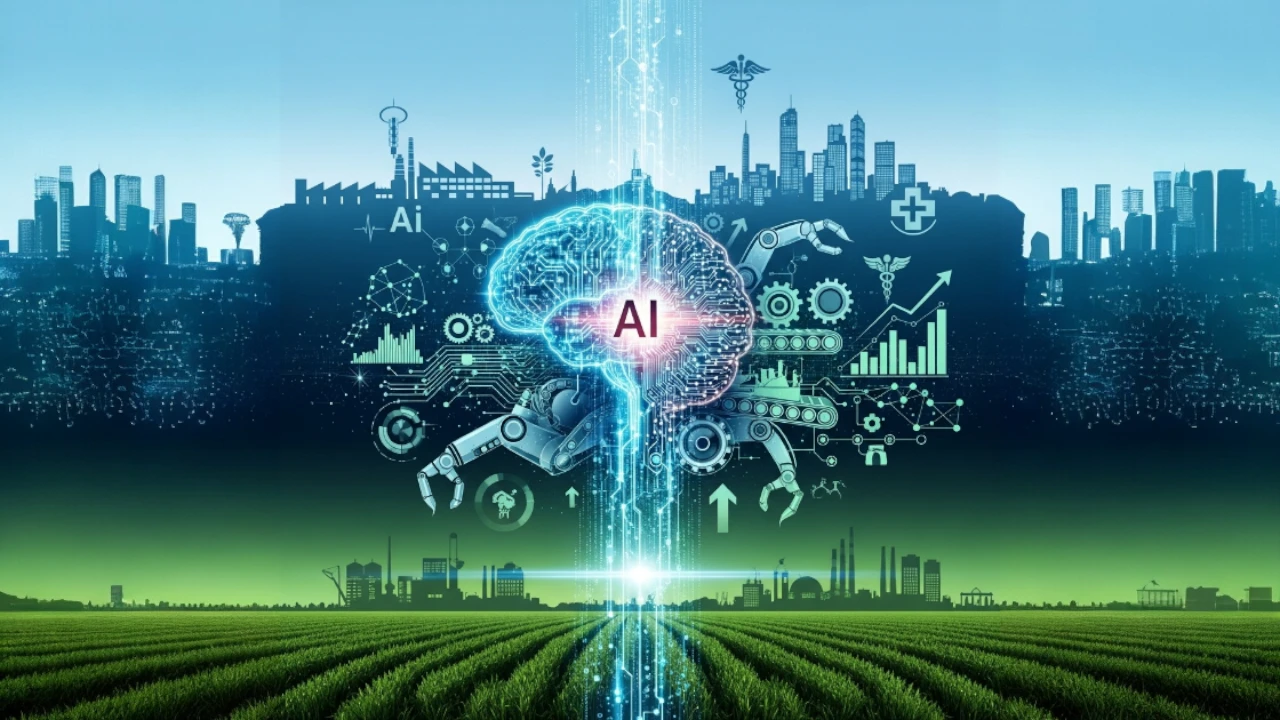In today’s rapidly evolving digital landscape, Artificial Intelligence (AI) stands as a monumental force, reshaping industries and redefining the boundaries of what businesses can achieve. As we delve into the transformative power of AI, it becomes clear that embracing this technology is not just an option but a necessity for business growth and sustainability.
Table of Contents
ToggleUnderstanding AI and Its Impact on Business
Artificial Intelligence refers to the simulation of human intelligence in machines that are programmed to think and learn like humans. The potential of AI to drive business efficiency, enhance customer experiences, and create new opportunities is immense.
AI in Operational Efficiency
AI technologies such as machine learning, natural language processing, and robotics are revolutionizing the way businesses operate. By automating routine tasks, AI allows companies to focus on core business strategies and innovation. For instance, AI-driven analytics can predict equipment failures before they occur, significantly reducing downtime and maintenance costs.
Enhancing Customer Experience with AI
AI is also transforming the customer experience. Chatbots and virtual assistants powered by AI can provide 24/7 customer service, handling inquiries and resolving issues faster than ever before. Moreover, AI can personalize customer interactions by analyzing data to understand preferences and behaviors, thereby enhancing customer satisfaction and loyalty.
Leveraging AI for Strategic Decision Making
AI’s ability to analyze vast amounts of data and provide insights makes it an invaluable tool for strategic decision-making. Businesses can use AI to identify trends, forecast demand, and make informed decisions that align with their long-term goals.
Predictive Analytics in Marketing
In marketing, AI’s predictive analytics can optimize campaigns by predicting which strategies will resonate best with target audiences. This not only improves the effectiveness of marketing efforts but also ensures optimal allocation of resources.
AI and Innovation: Pioneering New Frontiers
AI is not just improving existing processes but also paving the way for new innovations. From autonomous vehicles to advanced medical diagnostics, AI is at the forefront of technological advancements that are opening up new markets and opportunities for business growth.
AI in Product Development
In product development, AI can accelerate the design process by suggesting improvements and predicting market responses. This capability enables businesses to bring innovative products to market faster and more efficiently.
Ethical Considerations and AI Governance
While AI offers numerous benefits, it also raises ethical concerns and governance challenges. Businesses must address issues such as data privacy, security, and the ethical use of AI to build trust and ensure compliance with regulations.
Building a Responsible AI Framework
Creating a framework for responsible AI involves establishing clear policies and guidelines that govern AI use. This framework should ensure transparency, accountability, and fairness in AI applications, safeguarding against biases and protecting consumer rights.
Conclusion
The power of AI to transform businesses is undeniable. By embracing AI, companies can enhance operational efficiency, improve customer experiences, and drive innovation. However, it is crucial to navigate the ethical and governance challenges that AI presents. By doing so, businesses can fully leverage AI’s potential to foster growth and achieve sustainable success.
FAQs
- What is AI? AI, or Artificial Intelligence, refers to the technology capable of simulating human intelligence in machines.
- How does AI improve operational efficiency? AI automates routine tasks, enhances decision-making with data analysis, and predicts maintenance needs to reduce downtime.
- Can AI enhance customer interactions? Yes, AI can personalize customer interactions by analyzing behavior and preferences, and it powers chatbots for round-the-clock service.
- What role does AI play in strategic decision-making? AI provides valuable insights from data analysis, helping businesses forecast trends and make informed decisions.
- How does AI contribute to marketing? AI’s predictive analytics help optimize marketing strategies by forecasting the effectiveness of different approaches.
- What innovations are driven by AI? AI drives innovations such as autonomous vehicles and advanced medical diagnostics, creating new business opportunities.
- How does AI speed up product development? AI suggests design improvements and predicts market responses, speeding up the product development process.
- What are the ethical concerns associated with AI? Ethical concerns include data privacy, security, and the potential for bias in AI algorithms.
- How can businesses build a responsible AI framework? Businesses should establish clear policies and guidelines that ensure transparency, accountability, and fairness in AI applications.
- What is the importance of AI governance? AI governance is crucial for ensuring ethical use of AI and compliance with regulations, building trust among consumers and stakeholders.
Meta Description: Explore how AI can revolutionize your business with enhanced efficiency, customer experiences, and strategic growth. Embrace AI for a competitive edge.























